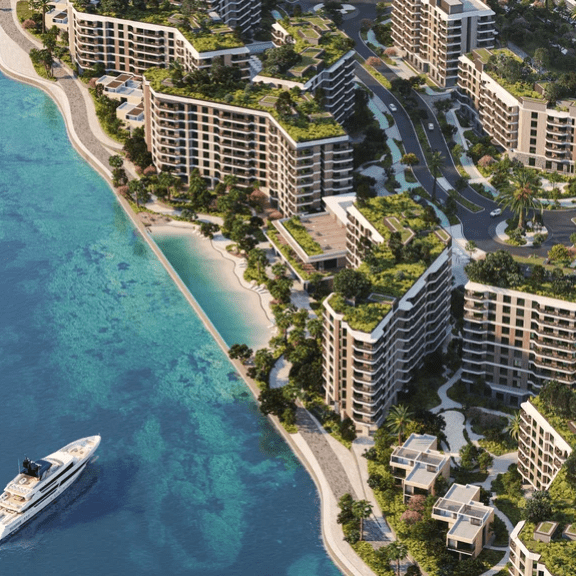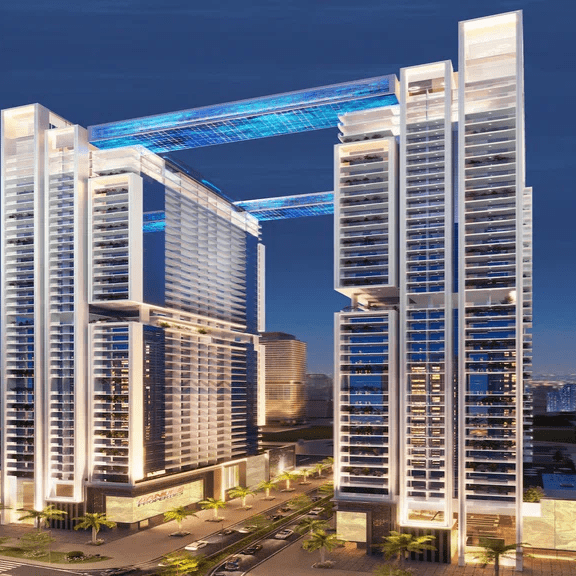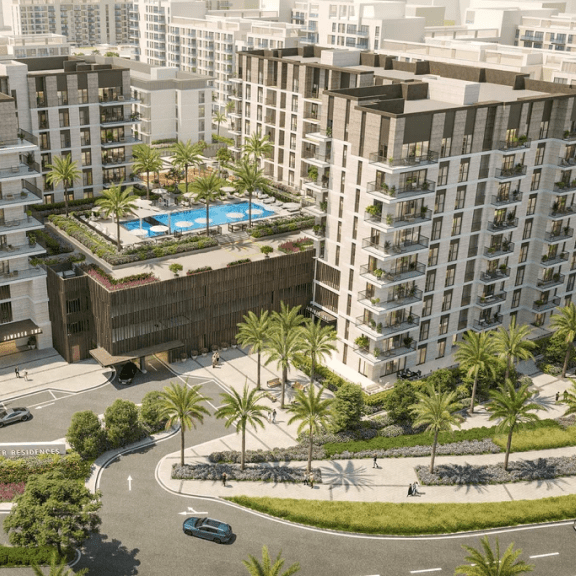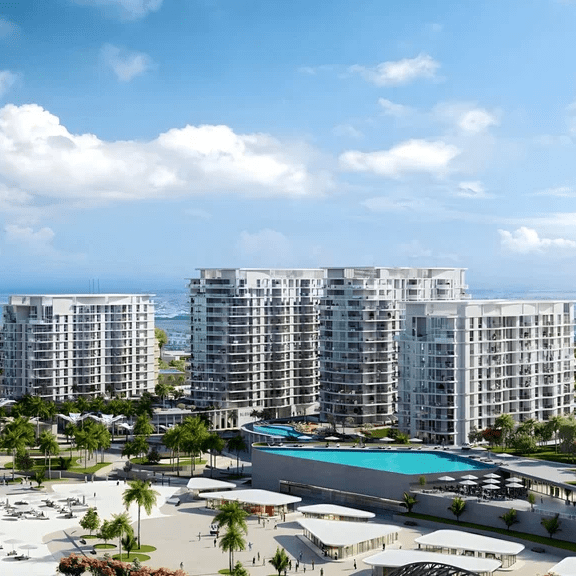Expats and migrant workers form the foundation of the demographic boom in the UAE. The UAE is the most densely populated country in the Middle East and one of the best countries to move to, according to several world rankings. Read on to learn what makes the country so attractive to foreigners.
Demographics
Just over 344,500 people lived in the UAE when it was first founded. Oil production was the first impetus to the country's development and still plays a major role in the economy. However, the government made an effort to diversify the economy, which led to a sharp increase in the number of employment opportunities for qualified professionals. More and more businesses and enterprises have been launched in the UAE over the years and there has been high demand for qualified specialists in different fields: medicine, IT, education, tourism, e-commerce, web design, artificial intelligence and others. As the number of these jobs in various fields increased, less skilled workers also began to flood the labour market.
Photo: Redd F (Unsplash)
The United Arab Emirates has undergone significant changes. The soaring expat population is one of the most remarkable. According to different sources, between 9.96 million and 11.42 million people lived in the UAE in 2021. The UN statistics state that the number of residents has gone up by 1.72 million people since 2010 (from 8.27 to 9.99 million).
Foreign nationals make up the vast majority of the UAE's population. Around 90% of the population is made up of expats, one of the largest proportions in the world.
Indian and Pakistani citizens form the biggest group, with 2.75 and 1.27 million expats, respectively (27.5% and 12.7% of the total number of foreigners). There are also many citizens of Bangladesh (0.75 million), the Philippines (0.56 million), Iran (0.48 million), Egypt (0.42 million), Nepal (0.32 million), Sri Lanka (0.32 million), and China (0.21 million). Expats from other countries make up 1.79 million. A total of over 200 nationalities live and work in the UAE.
In terms of gender, 70% of the UAE's population is male and 30% female. Interestingly, men predominate in all age groups. This is particularly noticeable among people from the 25-54 age group, where there are 3.1 million more men than women. The explanation is quite simple — they're all expats.
Just over two-thirds of the population falls into that group (25-54 years old), also due to the large number of expats in the country. The average life expectancy in the UAE is approximately 79 years.
New buildings in the UAE
Expats and Immigrants
Let's take a moment to define what an expatriate is. This informal status is assigned to anyone who has moved to another country for an indefinite but limited time period. The decision to move must be made voluntarily and the person must not be forced by any circumstances. The expat should have some work experience, qualifications or business skills. As a rule, they also have a rainy-day fund to be able to deal with any legal or other issues on their own.
The key difference between an immigrant and an expat is that the latter usually don't seek permanent residence in one place. Obtaining a residence permit or a citizenship isn't their priority either. An immigrant, on the other hand, is someone who intends to stay permanently in another country.
Reasons for Moving to the UAE
Here are some of the most common reasons for moving to the UAE.
- Strong economy. The UAE has a high GDP and a diversified economy. It is the second-largest economy in the Arab world after Saudi Arabia. Oil and gas production, tourism and international finance are the key sectors. Although there are plenty of low-paid jobs in the UAE, an expat, in general, can afford a higher standard of living here than at home.
- Good infrastructure. The UAE boasts an excellent transport system and numerous top-tier medical and educational institutions.
- Liberal visa policy. The UAE government recognises the country's dependence on foreign labour and tries to make entering and living in the country as easy as possible. The UAE is home to many multinational companies, which often transfer their employees from one country to another. The local visa policy simplifies this process significantly.
- Tax-free status. There's no income tax in the UAE, which makes this place really attractive to foreigners. When registering a business, you may choose from a wide range of legal forms offered by local legislation. In addition, there are many free trade zones in the UAE, where 100% of a company can be foreign-owned and exempt from business taxes.
- Political stability. The risk of regime change or protests in the country is minimal. This might be a major factor for large companies.
- Climate. Another important thing to consider is the weather, which is sunny in the UAE all year round. However, summer temperatures can be extremely high.
- Safety The crime rate in the UAE is very low. It's important to feel safe in a new place.
A tolerant society. Despite the fact that Islam is the official religion in the UAE, people of all religions and nationalities are welcomed there.
Photo: Noah Bikoro (Unsplash)
How the UAE Improved Its Positions in the Rankings
According to an InterNations survey, the UAE was the sixth-best country for expats last year among 52 countries. It moved up by 16 points compared to the 2021 ranking.
Conducted in February 2022, the survey covered five categories: Quality of Life, Ease of Settling In, Working Abroad, Personal Finance, and Expat Essentials. The latter includes questions about digital life, admin issues, housing and language.
The UAE is the second-best place in the world according to the Expat Essentials Index and the fifth-best for Quality of Life and Working. These categories cover job security, salary, career prospects, as well as health, safety and leisure opportunities. In terms of Ease of Settling In, the UAE took 13th place. The weakest category, with the UAE in the 34th place, is Personal Finance.
However, the expats spoked in favour of Safety and Health in the UAE, placing it in 7th and 9th places, respectively.
In general, 71% of expatriates are satisfied with life in the UAE.
Getting a Visa
The InterNations research claims that various reforms played a key role in the UAE's rapid development. Over the past few years, the government has introduced a number of economic, legal and social changes to improve the business environment, stimulate business expansion and attract foreign direct investments and skilled workers. For example, they've simplified the application process for new types of visas.
The Golden Visa was introduced in 2019. It allows you to live in the UAE for 10 years. In 2022, the government relaxed the programme's requirements by lowering the minimum investment cap and expanding the list of potential visa recipients. Moreover, you are no longer required to come to the UAE at least once every six months to keep the visa. The Golden Visa is ready in two to three months.
You can get it for investing no less than 2,000,000 AED ($544,500) in local properties or for launching or running a business in the UAE. Qualified specialists who earn over 30,000 AED a month (around $8170) as well as talented researchers and students are also eligible for this 10-year visa.
Every person over the age of 18 has to pass a security check to get a Golden Visa. Members of the applicant's family obtain a visa too. When the visa expires, you can renew it for another 10 years an unlimited number of times (if you still own the necessary assets). You can become an Emirati citizen by naturalisation after living in the UAE for 30 years with a Golden Visa. Note that having multiple citizenships isn't allowed.
Photo: Natalya Zaritskaya (Unsplash)




